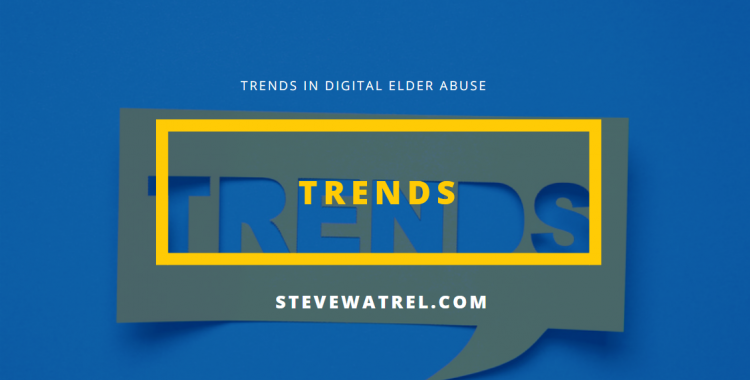Trends in Digital Elder Abuse
For many years, state, federal and local officials have been keeping tabs on various kinds of elder abuse. Physical abuse is one of the most common types of reported elder abuse in the country – but individuals also prey on the elderly through financial elder abuse, and even in some instances, sexual elder abuse.
All of these are threats that family members have to watch out for – but there’s also a new trend on the horizon that unfortunately uses popular new technologies to threaten the elderly.
What is Digital Elder Abuse?
Digital elder abuse involves using social media or other technology in a way that harms the interests of senior citizens.
Digital elder abuse can start out as something that’s seen as relatively harmless – a quickly snapped picture of someone in a nursing home setting, or being cared for at home.
But in too many cases, these types of pics and posts can constitute significant elder abuse – an activity that’s found to be humiliating or dehumanizing, or threaten the privacy of someone who is in a vulnerable state.
The Most Vulnerable Among Us
To understand digital elder abuse, it’s important to understand that many senior citizens are inherently vulnerable to all sorts of threats. Unlike younger, able-bodied citizens, many of them have serious mobility issues. Many also have some form of senility or dementia. Some have been dealing with the onset of Alzheimer’s or a similar condition.
All of this makes the elderly a high-risk category for all of these various types of abuse. Simply put, they’re less able to fight for themselves – so they need someone to fight for them. Caregivers need to have their best interests at heart. Someone needs to be available to keep in touch with an aging family member and simply understand their overall welfare from day-to-day.
Awareness
It’s in this context that we talk about recognizing the threat of digital elder abuse and dealing with practically.
Like all forms of combating elder abuse, this means understanding the rights of the elderly, and what it means to provide humane care.
We have to remember that when someone is unable to give consent for activities, a lot of foresight and consideration is needed. We have to understand what can constitute a breach of someone’s privacy, and how to err on the side of safety – of protecting elderly residents from harm.
For questions about any type of elder abuse including digital elder abuse, talk to Steve Watrel. As a long-time nursing home abuse lawyer in the Jacksonville Florida area, Steve Watrel has seen all sorts of cases, including those that have to do with new technologies. Sit down and talk with us about how you’re feeling about your family member’s experience in a nursing home or long-term care facility.

